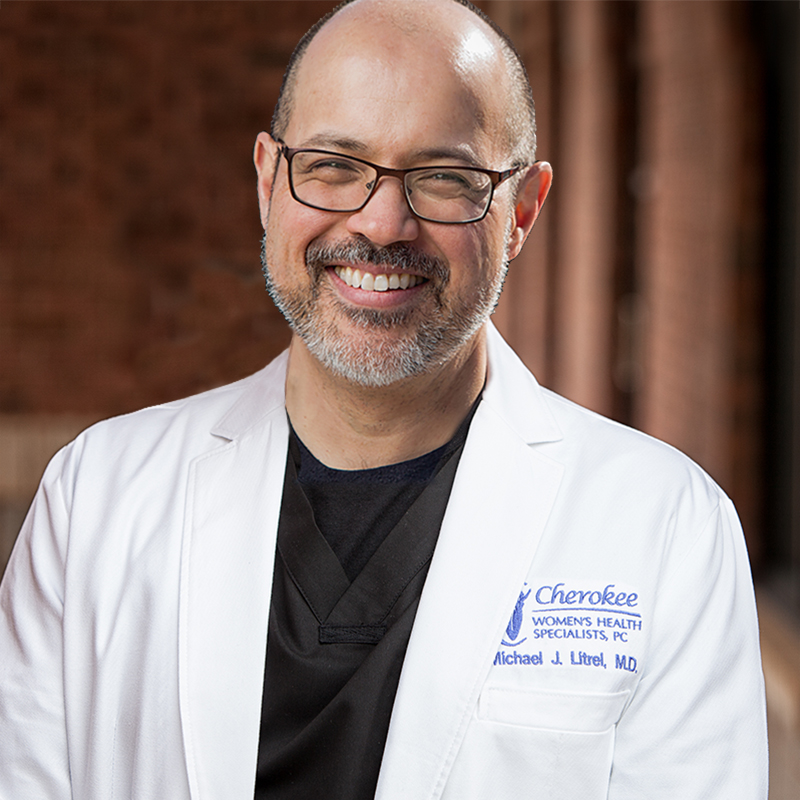A Scientific Name for Nonsense
By Michael Litrel, MD, FACOG, FPMRS My physics classmates and I were studying for freshman exams when our professor introduced a new subject. “Retrograde motion” is the term used to describe the motion of the planets in the night sky. The apparent backward-looping paths are due to the planets’ orbit positions around the sun. Because ancient peoples believed all heavenly bodies revolve around the earth, they devised convoluted reasons for what they could see in the sky. The math required was incredibly complicated – undoubtedly because the planets did not, in fact, revolve around the earth. Full of resentment, I returned to my dorm room to study my notes on abandoned explanations for “Retrograde Motion.” It seemed to me that college physics was hard enough without having to learn something somebody else had figured out wasn’t true. As a premedical student I needed to get an A in this class – and all my others. What was the purpose of making me learn nonsense? Science is a powerful tool that helps us make sense of the world. Every decision I make for my patients is based upon a foundation of scientific evidence. But years of medical practice have also shown me that science has its limitations. For one thing, medical understanding is continually evolving. A hundred years ago, bacteria and viruses were unknown to humans. Thirty years ago, minimally invasive surgery didn’t exist. The understanding of today will change tomorrow. Science describes and measures things in the physical world. Blood pressure or cholesterol can be measured, infections diagnosed, and tumors discovered. Science provides the medications or surgeries to help our bodies get well. But health is about more than just the body. How do you measure a person’s happiness or fulfillment? Can you weigh a person’s faith or how much they love their neighbors? Some argue you can. Diagnoses Outside the Realm of Medicine Jill had been on antidepressants for eight years when I first met her. Her doctor had first prescribed the medication in Jill’s last year of college. She had been distraught because her fiancé had cheated on her. A few years later, she had met someone else and was now happily married. They wanted to have children, but antidepressants are known to cause birth defects – and Jill was addicted. It took six months to safely wean Jill from her medication before it was safe to conceive. I wondered why medication had been started in the first place. She was confused about this herself. There are many drugs available to treat depression, anxiety, and diseases – with names like “attention deficit disorder” and “bipolar syndrome.“ Are these really problems of the body, classified along with high blood pressure and diabetes as medical problems to be treated with medication? When I recommend surgery for a tumor, or tell a woman she is pregnant, I can back up my diagnosis with observable facts and measurable lab results. Psychiatric diagnoses, like depression or anxiety or bipolar, are based upon opinions, not evidence. Pharmaceuticals are created that make us feel less sad or less anxious. These drugs can make us feel better for a while – but then again, so can cocaine. A Scientific Name Doesn’t Make It True A lot of money is made selling drugs, especially the legal kind. You can give grief and sadness a scientific name, call it a mood disorder, and quote well-funded scientific studies about imbalances of neurotransmitters in the brain and successful treatment with medication. But this is the same specious argument made by those who insisted the stars and planets revolved around the Earth. If you look in the night sky, you can see the celestial bodies moving around our planet’s sky, just as the ancients described a thousand years ago. But this doesn’t mean they understood what was going on. We suffer for a reason. Your hand hurts when you touch a hot stove. You can move your hand, or you can take pain medication. Medication will work for a while, but the burning will continue, and you will eventually need more drugs. This is the source of substance abuse. You take drugs for the wrong reason to make you feel better – and soon you need some more. We all suffer from terrible loss. This can be the death of one we love, or a heart breaking betrayal, or a crappy childhood. Grief is a feeling so deep and awful it can make us question whether we even want to live. This is spiritual suffering. The source of this suffering is not as obvious as when your hand or mine is on a hot stove. But what we can learn is even more important. The Physician for Spiritual Pain Spiritual pain is the only way we come to understand the eternal nature of ourselves. This is not an easy lesson. We come into the world as helpless newborns, only to die eight or ten decades later. In the course of that life, we gain – and then lose – everything and everyone that matters to us. We suffer terribly and we grieve along the way. But during these moments of pain, we can learn to reach out to a Higher Power – to God – for answers. And as we open ourselves to the source of Life, we come to recognize a greater truth. We are not mortal human beings suffering from spiritual problems. We are immortal spiritual beings, suffering from human problems. When we open our hearts to God our faith grows and we understand how to live. Taking a pill is easier than building a relationship with God. But this is what our world encourages; there is more money in selling drugs than in recommending spiritual growth. Anxiety and depression are not medical diagnoses. They are spiritual injuries. These are the signs pointing the path we must learn to travel. This is the path of Love. Learning this lesson is the only reason why we are here.










